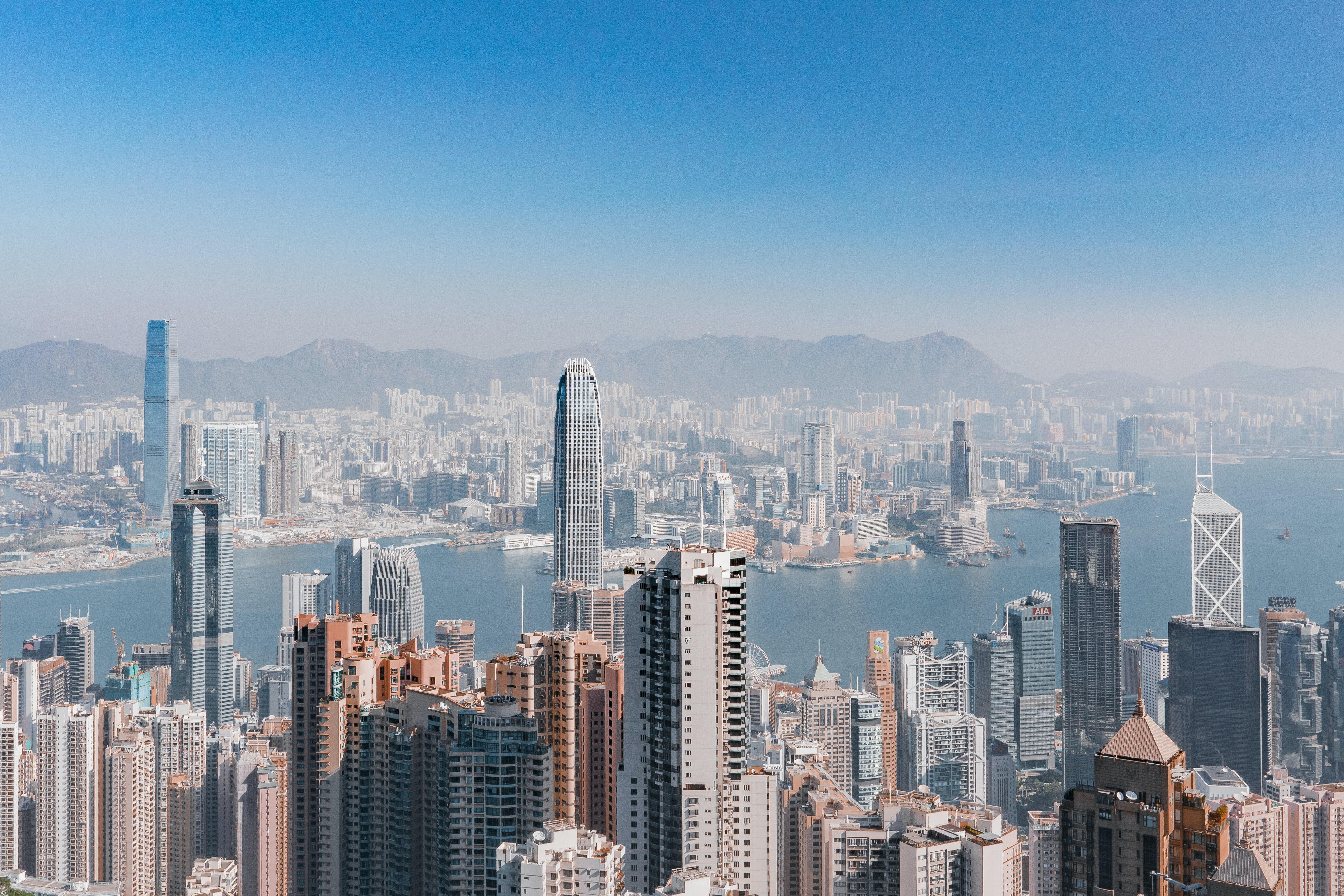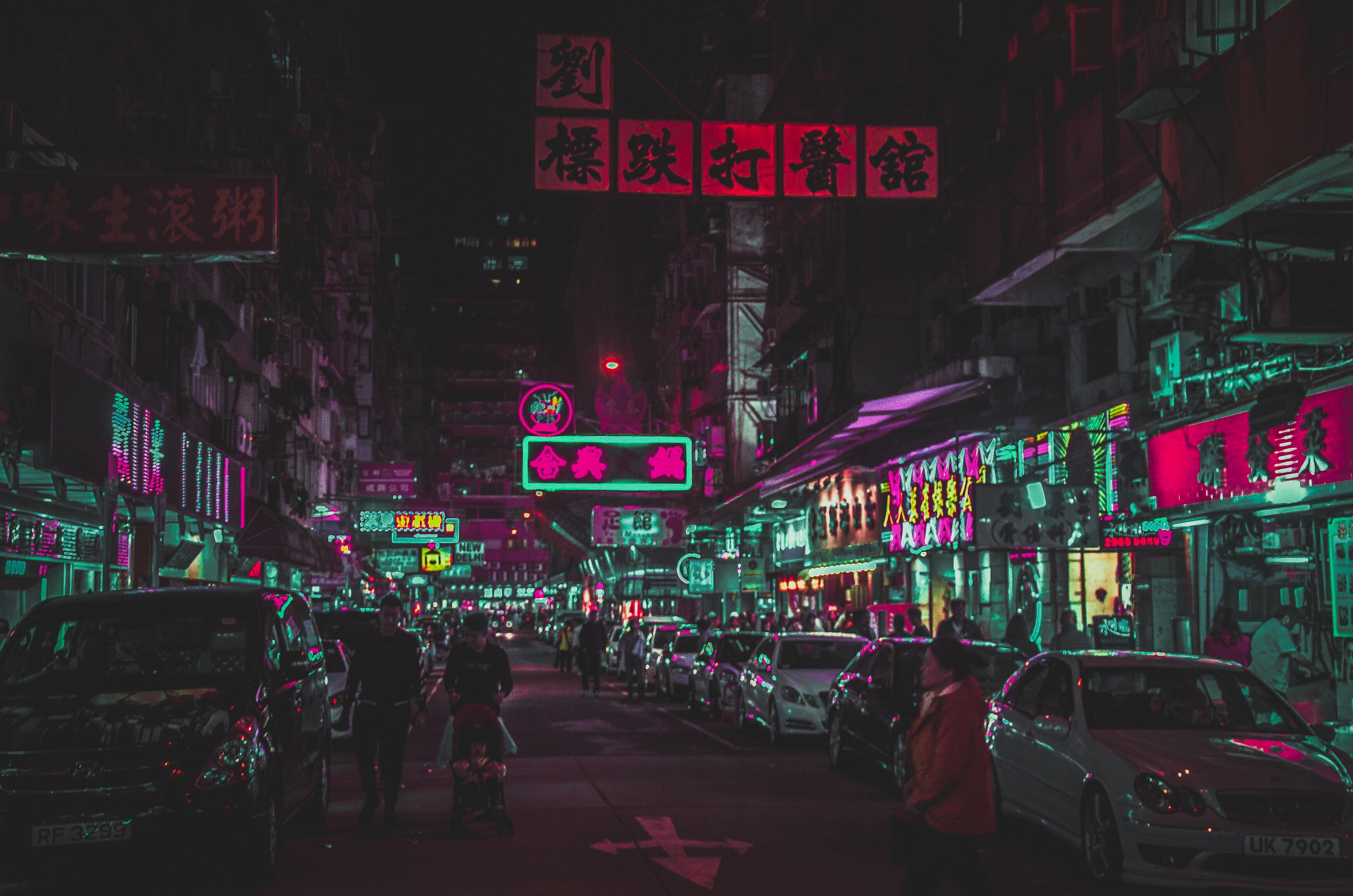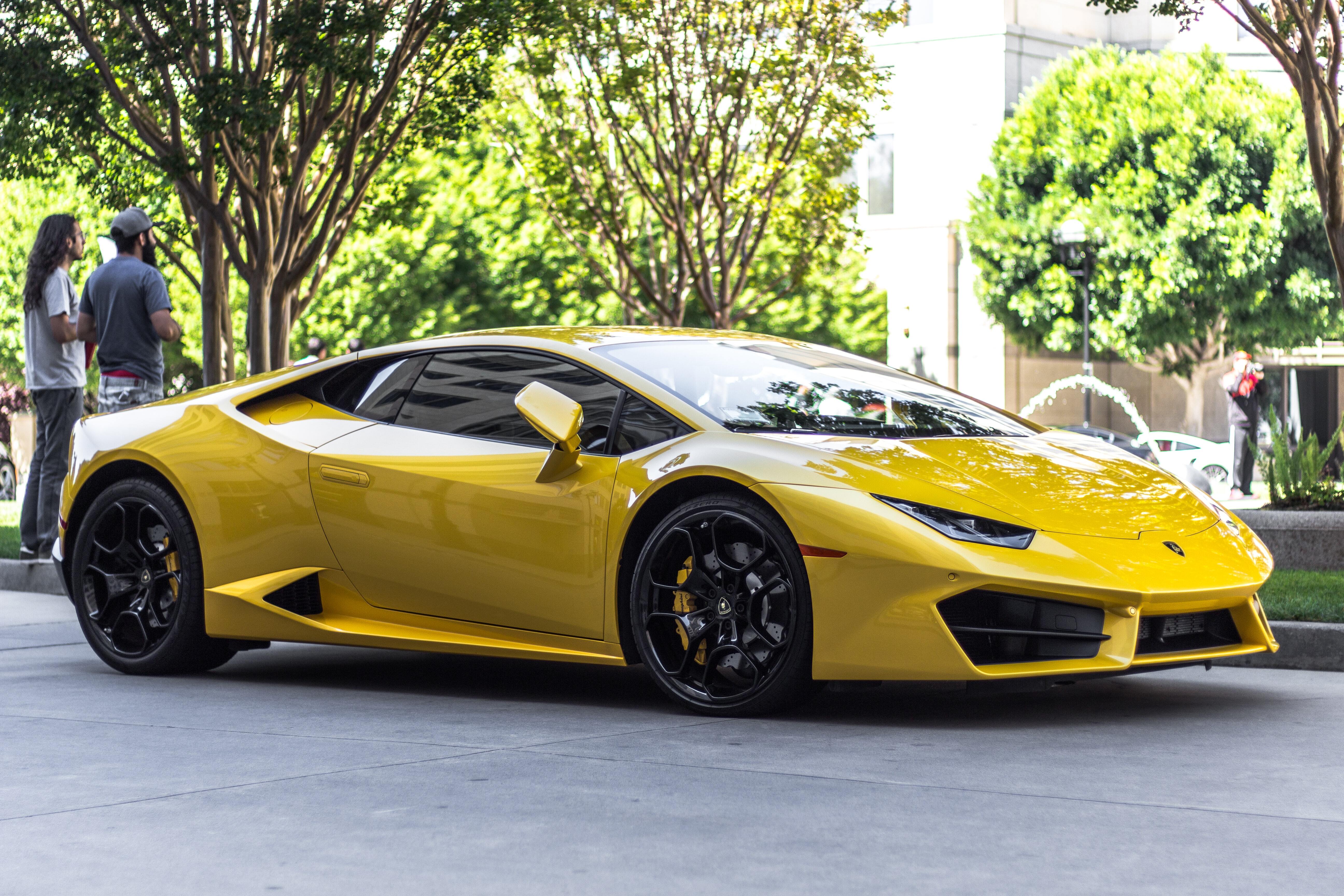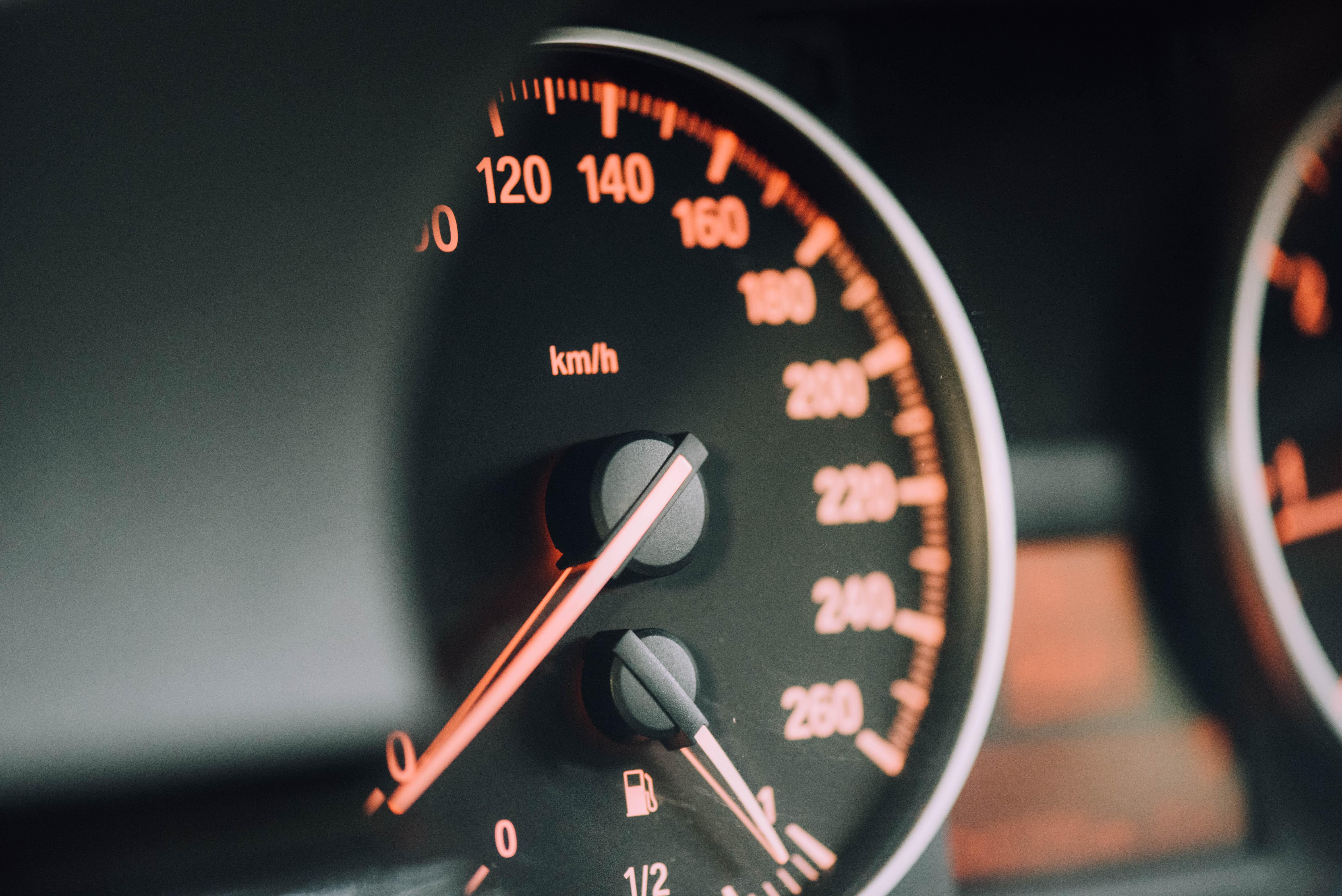Why is Car Insurance less expensive in Hong Kong?

For anyone who is new to Hong Kong, one of the curiosities of our city is the fact that car insurance is, comparatively, less expensive than other parts of the world. This is especially true for residents who have relocated here from the USA; many of these drivers are actually shocked by the costs associated with car insurance.
But why is car insurance less expensive in Hong Kong than in other parts of the world?

Hong Kong is small
This isn’t much of a surprise to anyone, but Hong Kong is a fairly small city in terms of geography.
Driving in a private car from either Shek O or Stanley Beach to the Lo Wu border crossing will take roughly an hour (depending on traffic). As will a drive from Sai Kung to Tung Chung. Simply put, there aren’t many places to actually drive to.
This is in stark comparison to somewhere like the United Kingdom, where a drive from Lands End to John o’ Groats can take between 15 to 22 hours, or the USA where a drive from Los Angeles to New York will take just under 2 days.
You may be able to jump in your car in other countries and go for a drive for hours, and actually be driving the entire time. In Hong Kong, that option doesn’t really exist, and the car is more of a means to get to your activities, rather than the activity itself.
Consequently, the opportunities to actually use your car are fairly limited. This means that the risks of any single driver being involved in an accident is lower overall, and is reflected in the decreased premiums you can expect to pay for car insurance protection in the city.

Hong Kong has excellent public transport
Anyone who has ever been in Hong Kong will acknowledge that the city has one of the best public transport systems in the world. Buses, Taxis, and the MTR are generally all much more convenient options than driving – especially when considering the headache that can be accompanied with finding parking at the IFC on a busy Sunday afternoon.
Once you’ve figured out the Red Mini Bus routes, the convenience of the public transport system largely does away with the need for a private vehicle. This is slightly different for residents of the Southern District (in Shek O, Stanley, and Repulse Bay), and Sai Kung and there is less population density, but even in these locations owning a car is still very much a luxury rather than the necessity of life as it is in a country like the USA.
Public Transport services are covered by commercial insurance products, not personal (or private) insurance.
This means that the prevalence of commercial vehicles on Hong Kong’s roads is actually a good thing for the average car insurance owner – there is less risk of a private car being at fault for an accident. There is, consequently, less risk of your insurance having to cover an accident which you caused. This in turn lowers your overall car insurance premium in Hong Kong.

Owning a car is expensive, and not every resident has a Car
Following on from the above, not every resident owns a car in Hong Kong. Partially because public transport solutions are so ubiquitous and convenient, but also because the cost of owning a vehicle in Hong Kong can be much more expensive than in other parts of the world.
Buying a new car in Hong Kong is out of reach for most residents. A car with a retail price of HK$ 500,000 would see a First Registration Tax of HK$ 428,000, for a total cost of HK$ 928,000. This is the reason that there is a thriving second hand car market, and why the total number of cars on the road is lower than you would perhaps expect.
Added to the expense of any vehicle in Hong Kong is the fact that gasoline/petrol is some of the most expensive in the world. 40 percent of the cost of motor fuel is tax in HKSAR – so merely driving your car for the short distances between A and B is going to cost more money in terms of fuel than in most other places.
The sheer cost of having a vehicle, and its status as a luxury symbol, ties into the lower-than-expected number of private cars on local roads. Which also leads to a decrease in the cost of your car insurance coverage.

Every driver must have Car Insurance
In Hong Kong it is a legal requirement that all vehicles must be covered by, at minimum, a Third-Party Motor Vehicle Insurance policy. While this is also true of other places (they require mandatory insurance coverage), because of Hong Kong’s small nature it is easier to enforce the rules.
The sheer size of the USA or Europe mean that it may be possible for an uninsured driver to operate their vehicle on public roads for significant lengths of time before their illegal behavior is noticed. However, in Hong Kong, an uninsured driver is far more likely to be located and dealt with appropriately in a timely manner – parking in central would mean that a police office is almost certain to see your out-of-date registration and issue you the appropriate ticket.
The fact that car insurance rules are so strictly enforced lowers the overall risk of any single driver being involved in a cart accident with another party who is uninsured. This means that the process of resolving claims is usually done between insurance companies via established and straightforward practices. Because uninsured drivers are effectively removed from the equation in Hong Kong, the high risk that they pose (and corresponding premium) is removed.
Car Insurance in Hong Kong
There are a number of different factors working together to make Hong Kong’s average car insurance premiums much lower than what you may have been used to in your home country. Adding your existing No Claims Bonus to that can see you receive even lower premiums than the rest of the market already experiences.
If you would like to look at comparing your current Hong Kong car insurance policy against the rest of the market, our expert brokers are standing by to help you with a no-risk, no-obligation consultation. If you have just purchased a car, or are thinking about buying a car soon, and want to know what your insurance options may look like, please complete the short form at the top of this page, or Contact Us today.



